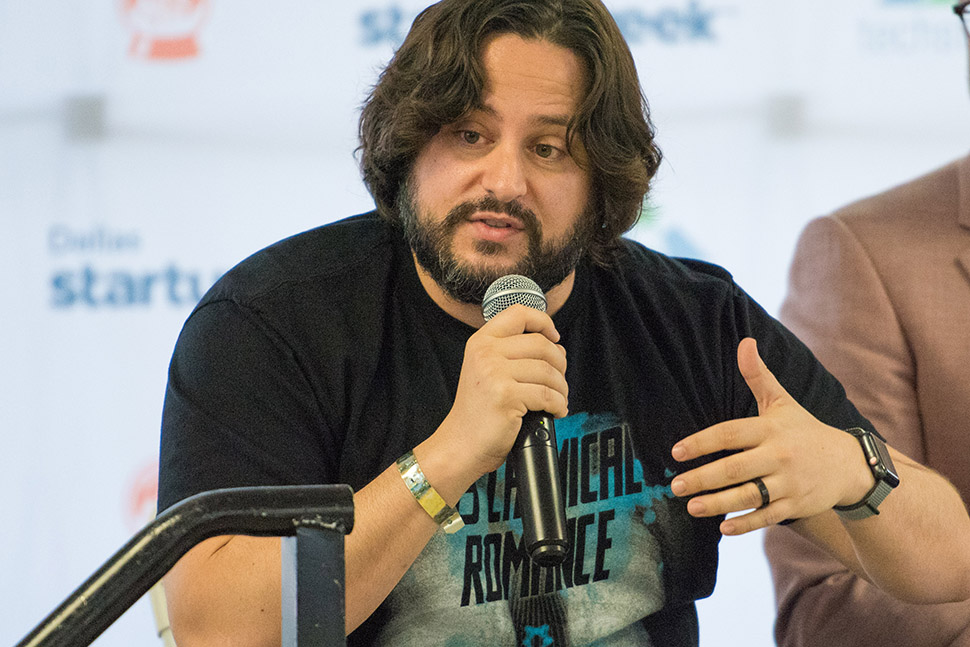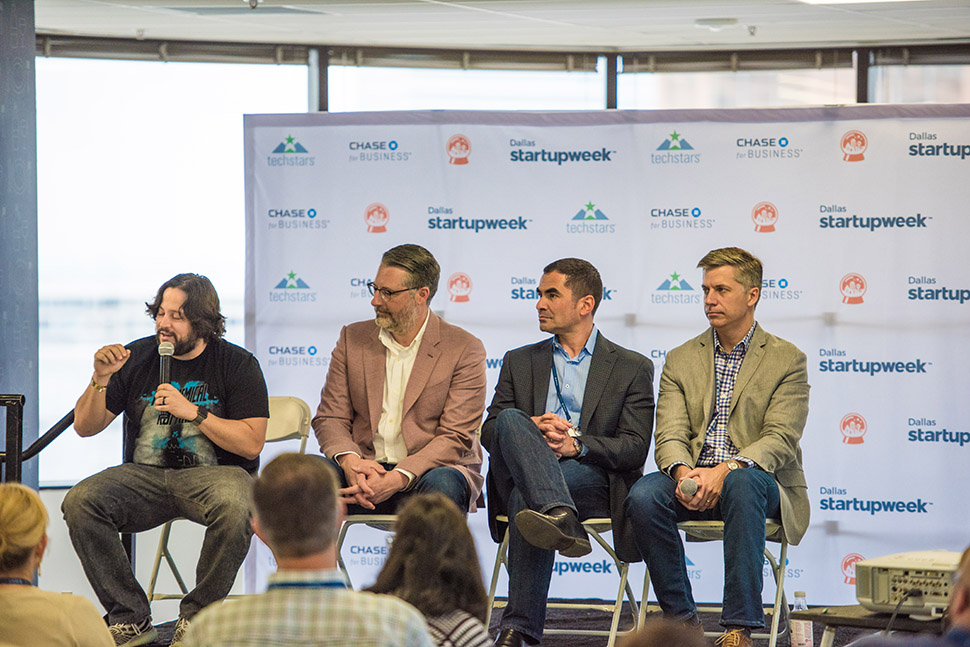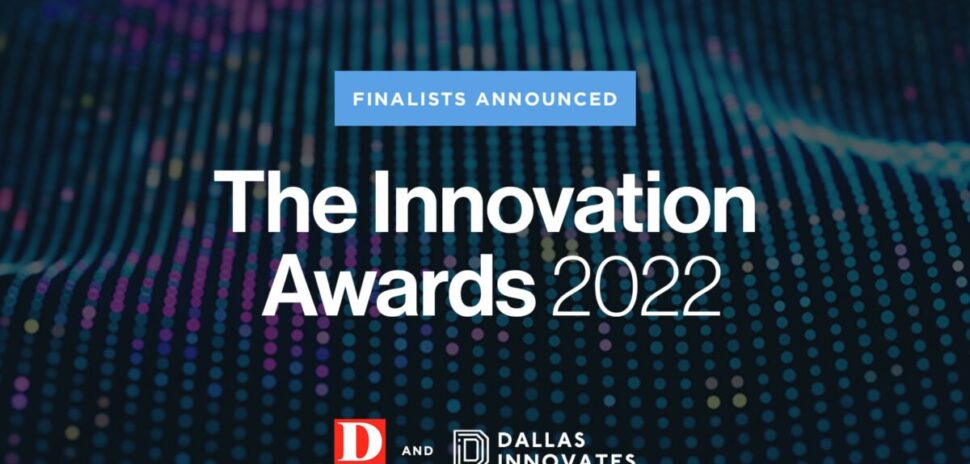Innovation has never come easy to large corporations, and airlines are perhaps the biggest poster children for resisting change.
Fort Worth-based American Airlines has more than 400 people working on improving its digital channels, so it’s not for want of trying.
John Gustafson, American Airlines’s vice president of digital customer innovation, explained the challenges he faces implementing the latest technology.
“It’s a really, really complex business that even on the best days probably doesn’t serve 15 percent of our customers,” Gustafson said. “It’s inherently very difficult to move quickly and fail fast. We’re all about putting in the hands of customers technology that makes them feel like they have control.”
“We’re all about putting in the hands of customers technology that makes them feel like they have control.”
John Gustafson
It’s a relevant subject for most corporations as Gustafson and representatives from Pizza Hut and United Way of Metropolitan Dallas talked about the challenges they face at a Dallas Startup Week seminar Friday morning at Ross Tower in downtown Dallas.
One of the latest trends in innovation is artificial intelligence chatbots that can answer questions quickly and efficiently.
“Customers ask more complex questions, they begin to change what they’re asking,” Gustafson said.
But the bigger problem is the disruption of people’s jobs, such as customer service workers who could be replaced by the AI machines. American Airlines is building a new headquarters at the junction of state highways 360 and 183 in northeast Fort Worth.

Hypergiant and Conversable CEO Benn Lamm [Photo: Michael Samples]
BIG CORPORATIONS CAN’T BREAK THINGS, FAIL FAST
Hypergiant CEO Ben Lamm said he’s passionate about artificial intelligence and a big part of what he does is pitch that importance to large corporations. Startups by their very nature are meant to break things and fail fast, not something you can do when you’re a multibillion dollar public company with a board of director and shareholders.
“All these folks have really complicated businesses with deep legacy systems,” Lamm said. “We’re in this place where technology doesn’t move at the speed of business. Technology is vastly outpacing business and businesses are trying to catch up.”
“We’re in this place where technology doesn’t move at the speed of business. Technology is vastly outpacing business and businesses are trying to catch up.”
Ben Lamm
Lamm took a more progressive approach to customer service, arguing that artificial intelligence could do a better job in some cases.
“There are jobs that have existed for years that can be replaced with machines,” Lamm said. “Most call center agents read scripts. Put people back to servicing people and let machines do stuff that no one should be doing in the first place.”
Dan Aptor, chief digital and marketing officer for United Way of Metropolitan Dallas, said as tough as innovation is, it’s critical for survival. He has started his own companies and was brought in to innovate the digital side of United Way.
“If you’re not thinking about it, somebody out there is. You have to peel a team out,” Aptor said. “They have to work on their own. The organization by nature is risk averse. By nature, they’ll push back to, ‘It’s working today. There’s jobs at stake.’”
CORPORATIONS NEED AN UNTRADITIONAL ENVIRONMENT
And it can’t be done in a traditional bureaucratic environment. Corporations need to have an isolated startup environment for these ideas to succeed.
“You have to dedicate people that wake up every day with a passion to do things differently,” Aptor said. “Make sure they aren’t inundated with all the nonsense that goes on every day. Somebody’s always going to have an excuse for why that won’t work.”
“Part of your job as an innovator is to bring everyone with you and get everyone to the same place you are.”
Chris Dargis
Plano-based Pizza Hut has faced its own challenges in the highly competitive restaurant space.
“We were probably behind in our space,” said Chris Dargis, chief e-commerce officer for Pizza Hut. “It has always been about finding ways to bring digital capabilities to life that enhance other part of the business.”
Instead of following the herd, Dargis said Pizza Hut started a point-based reward system that’s different from its competitors. It also partnered with Lamm’s other startup, Conversable, to introduce automated conversational bots that provide customer service via social media platforms
He had specific advice for startups trying to crack a big corporation. It starts with being able to read the person you’re pitching to. If someone doesn’t seem to be interested in your innovation, make it seem like a routine addition to the company, not a unique shiny object they won’t want to chase.
“Business has to be ready for the innovation,” Dargis said. “Part of your job as an innovator is to bring everyone with you and get everyone to the same place you are. If you’re not fulfilling a business need or if you’re not enhancing the customer experience, the business won’t support it.
Everything should be super intuitive and transparent. If we don’t do those things then the digital innovation is for naught.”
Get on the list.
Dallas Innovates, every day.
Sign up here to get what’s new and next in Dallas-Fort Worth.

































































